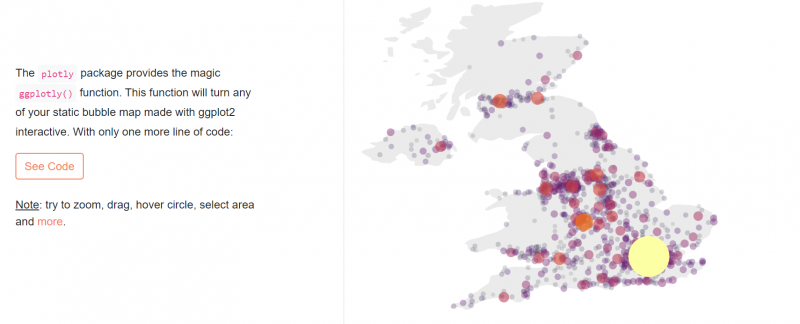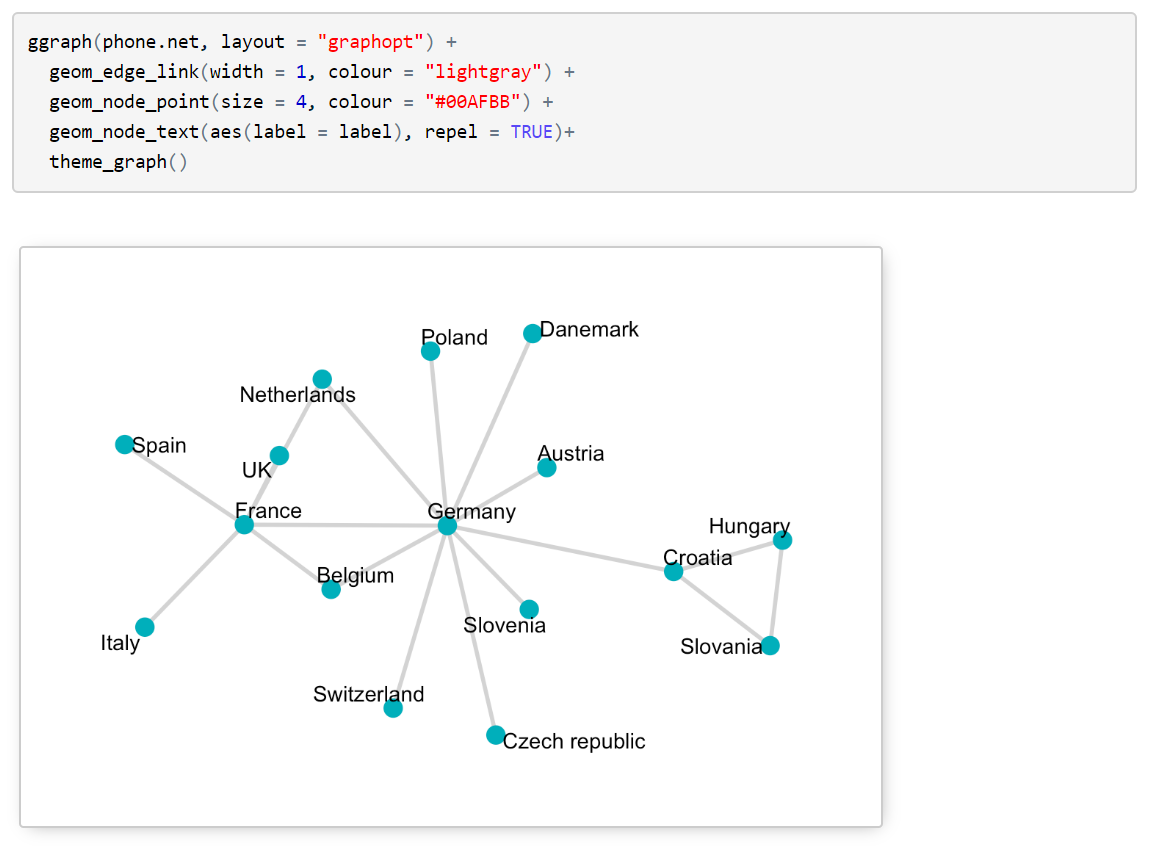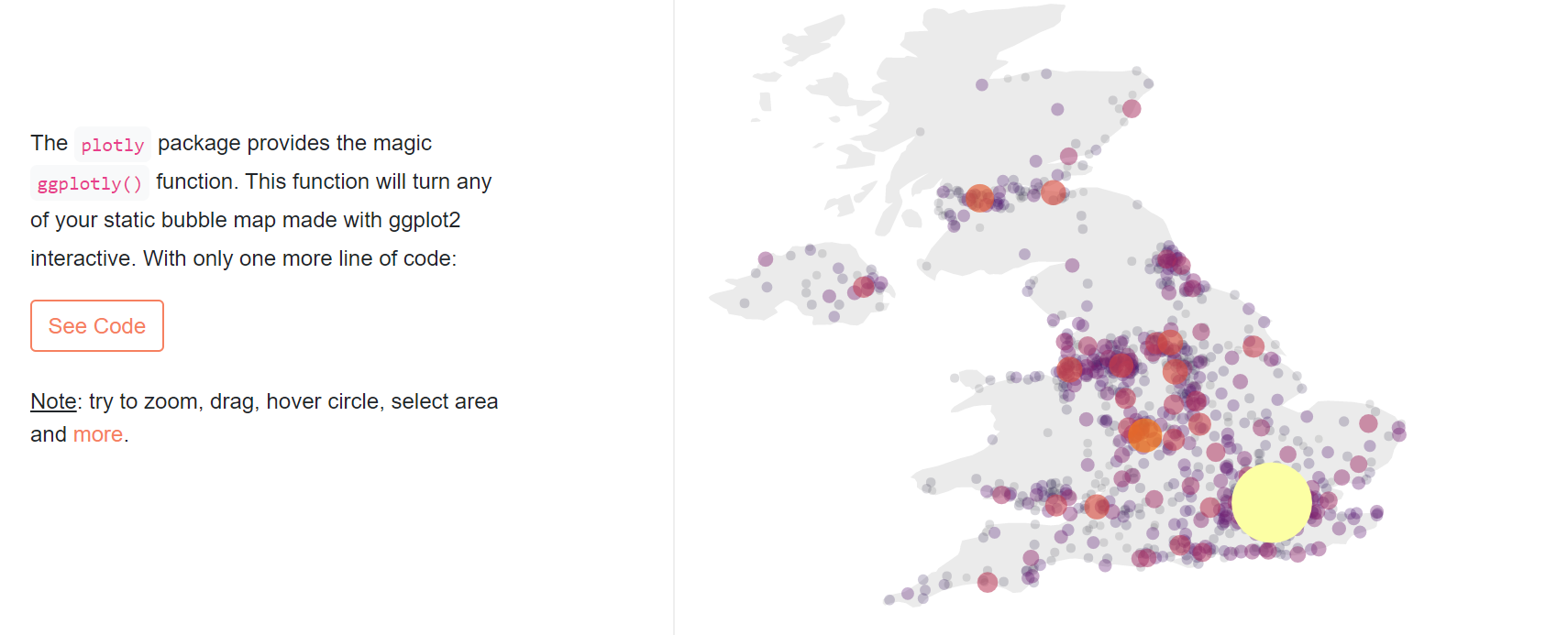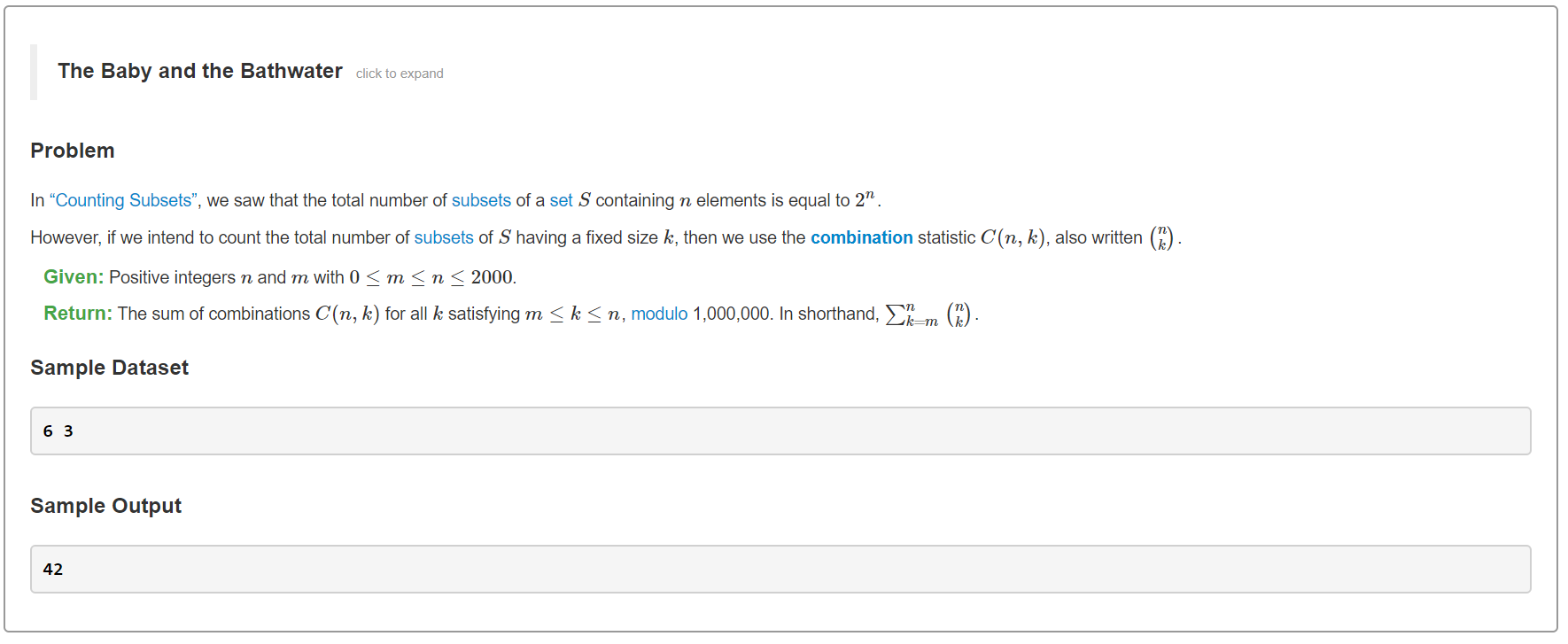
Five resources to succeed at coding
The Molecular Techniques in Life Science Joint Master’s Programme, among others, has a fair amount of coding assignments. This means that is not rare for us to spend quite some time in Google trying to figure out how to fix our code or make nicer plots to visualize our results. After having completed all master’s courses and having done a computational master’s thesis I have spent A LOT of time looking for the online resources that were most useful to me. In this post I have summarized my four favourite ones that will help you understand the very basics of programming in Python and R, to making fancy plots and bioinformatic programs.
1 – Coursera and EDX: the best for newbies.
I don’t think there’s a lot of people left that have not used Coursera and/or EDX to learn new skills or prepare an exam, but some of their courses are so good that I can’t help but adding them here. I used Coursera and EDX to learn my Python and R basics, and I have to very strongly recommend them! There are tons of courses out there, and of course each one of us have individual preferences that will make us like some courses more than others, but here are my favourites:
- If you want to learn Python, why don’t you try the Programming for Everybody (Getting started with Python) by the University of Michigan (Coursera) or the Python Data Science courses by IDM (EDX)?
- If you want to learn R, get started with the fantastic Data Science course series by Harvard (EDX) and this other great R programming course by John Hopkins University (Coursera)?
There are also many other courses to learn how to use Linux, Java and C++ programming that you can check if you’re interested.

2 – Get more advanced with software carpentry
Software carpentry is a webpage that contains, amongst others, several software tutorials. They have a basic Python course, a plotting with Python course, a basic R course and reproducible coding with R course. Opposite to EDX and coursera, there are no videos in these tutorials, so you have to read through them, but they contain a lot of examples.
I discovered this webpage when I was trying to learn version control using git. Their git tutorial is also super clear!
3 – Solve all your R questions with STHDA
This is one of my very favourite resources when I’m stuck with my R codes. STHDA has step-by-step tutorials to perform every single analysis you can imagine using the programming language R. It has helped me during the toughest times of my master’s thesis 🙂

4 – Graph gallery helps you to make the best plots
This is my favourite coding resource because it helps me to get from simple, non-impressive plots to elegant and professional data visualization graphs in no time. The Graph Gallery has information on how to build any kind of graph you can imagine in both R and Python, and it’s always the first resource I check when I need to plot my results.

5 – Ace that exam with Rosalind
Rosalind is a webpage containing tons of bioinformatics-related problems that can be solved using Python. It has a wide variety of exercises that go from the very basics, such as translating DNA into RNA, to more complicated examples such as multiple alignments. It is a great resource to prepare programming exams because it contains exam-like problems, and you can also compare your answers to the ones submitted by other users.

I hope this post was useful for all of you stuck with coding problems. Good luck and drop me an email if you have any life-at-KI or student questions.
\Inés
Email: ines.rivero.garcia@stud.ki.se
LinkedIn: Inés Rivero García

0 comments